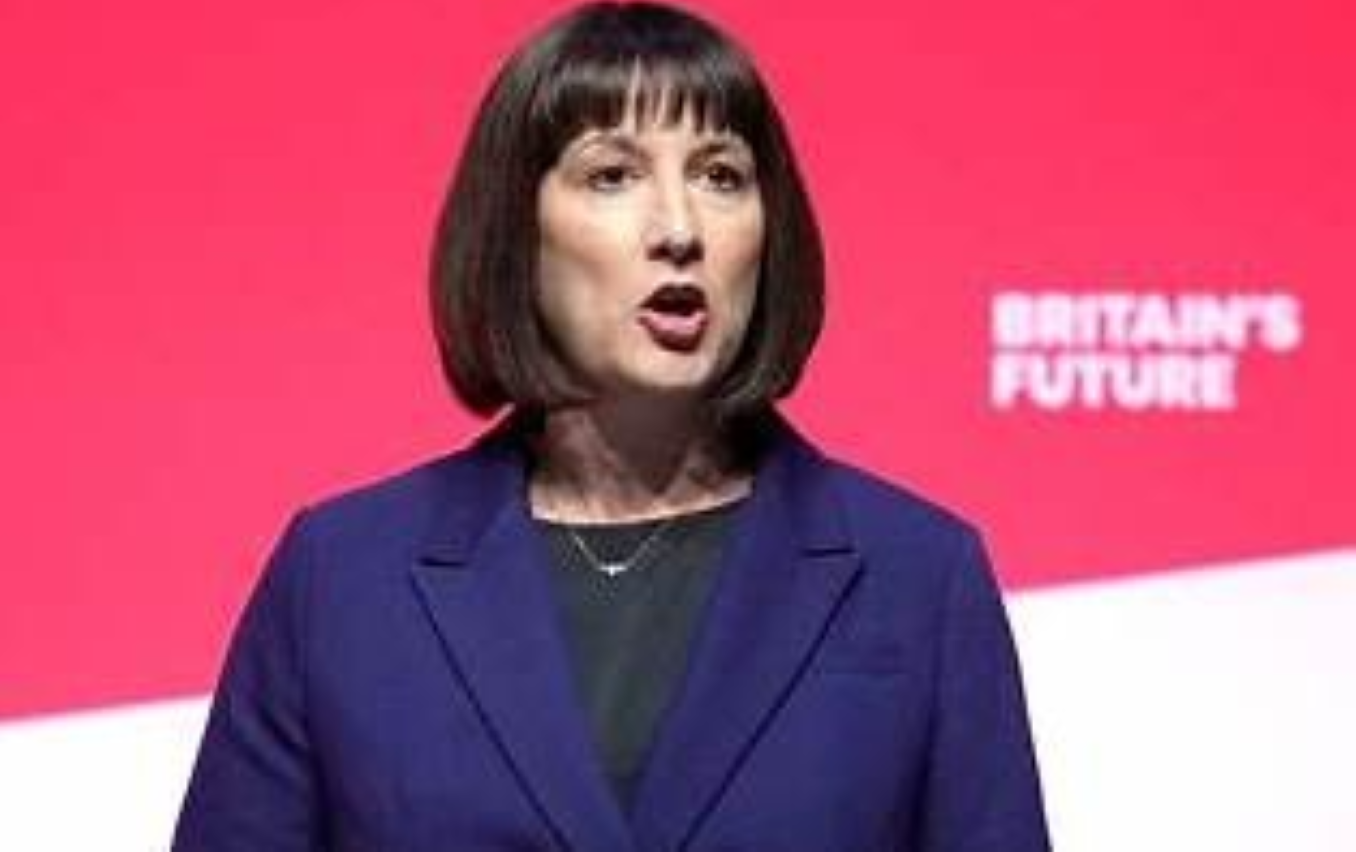General Dynamics (GD) Fundamental and Technical Stock Analysis: Can the Defence Prime Keep Outperforming?
$364.70
04 Mar 2026, 12:54

Web AI

British Chambers of Commerce Warn Budget Could Be a ‘Make-or-Break’ Moment for UK Firms Amid Slowing Retail Sales
As Chancellor Rachel Reeves prepares to deliver her second budget on 26 November, UK businesses are voicing serious concerns over the potential for further tax increases. With a multi-billion-pound deficit looming, Reeves is under pressure to balance public finances while supporting economic growth—without further squeezing the private sector.
Business Leaders Sound the Alarm
The British Chambers of Commerce (BCC) has issued a stark warning: any additional tax burden on companies could risk pushing many over the edge.
“Last year’s budget took the wind from their sails, and they’ve been struggling to find momentum ever since,” Haviland said.
Key Business Demands
In its budget submission, the BCC outlined more than 60 recommendations for fostering a growth-friendly environment. These include:
Labour has already announced plans to approve 150 major infrastructure projects before the next general election, and the BCC is urging the Chancellor to act decisively.
Retail Sales Reflect Wider Economic Pressure
The retail sector is already feeling the pinch of a slowing economy, according to new figures from the British Retail Consortium (BRC) and KPMG:
BRC chief executive Helen Dickinson warned that budget speculation and rising costs are weighing heavily on household spending.
“The future of many large anchor stores and thousands of jobs remains in jeopardy,” she said, urging the Chancellor to avoid a new business rates surtax.
Reeves Faces Delicate Balancing Act
The Treasury has stated that Reeves will “strike the right balance” between maintaining funding for essential services and fostering growth. However, Labour’s commitment not to raise taxes on “working people” still leaves businesses in the firing line.
With inflationary pressures persisting and consumer confidence fragile ahead of the festive season, any measures perceived as anti-growth could have lasting consequences—not just for businesses, but for jobs and investment across the country.
What Could This Mean for the Market?
If the government pushes ahead with business tax increases, several potential outcomes could follow:
Conversely, a pro-growth budget focused on tax relief and infrastructure spending could boost market sentiment and support the FTSE’s recovery.
Conclusion:
Reeves’ November budget is not just about balancing the books. It will be a defining moment for the government’s economic credibility and its relationship with British businesses. Whether it restores confidence or exacerbates uncertainty could significantly influence the outlook for UK growth, jobs, and investment into 2026.
Sources: (SkyMoney.com)